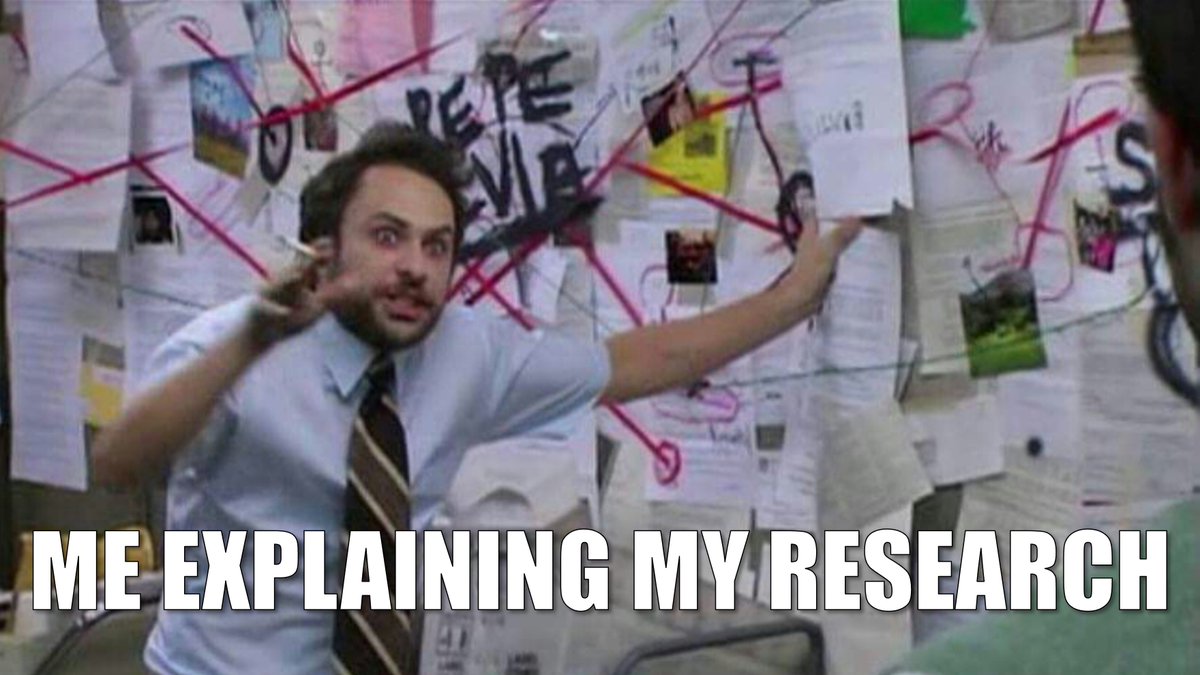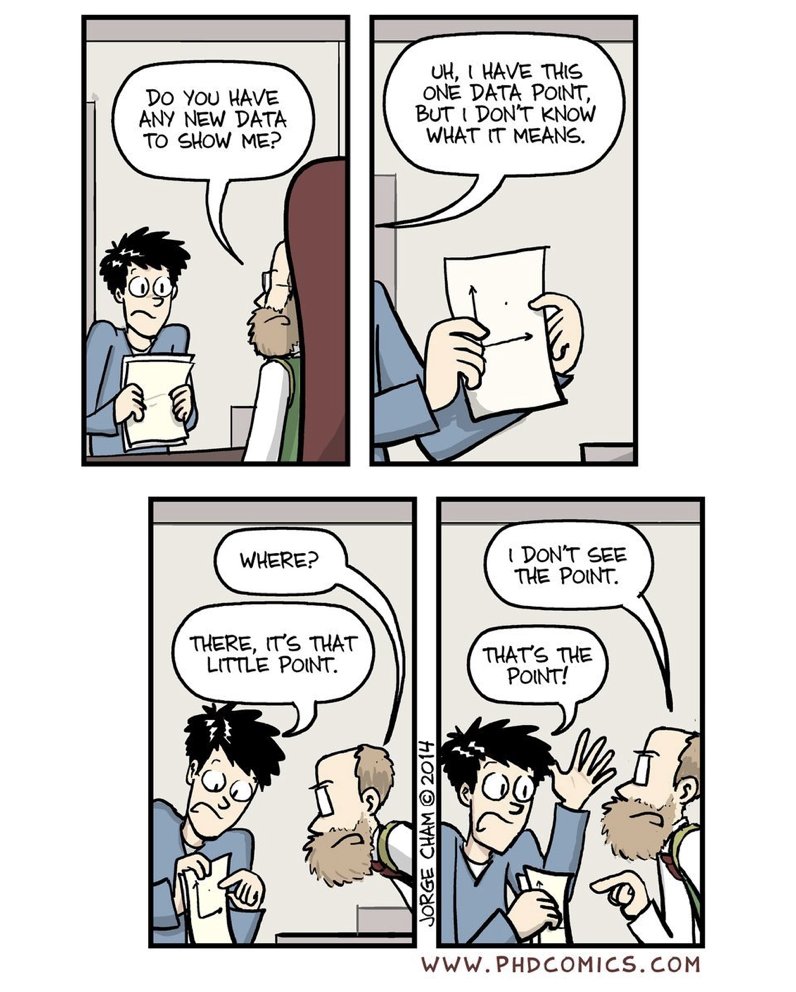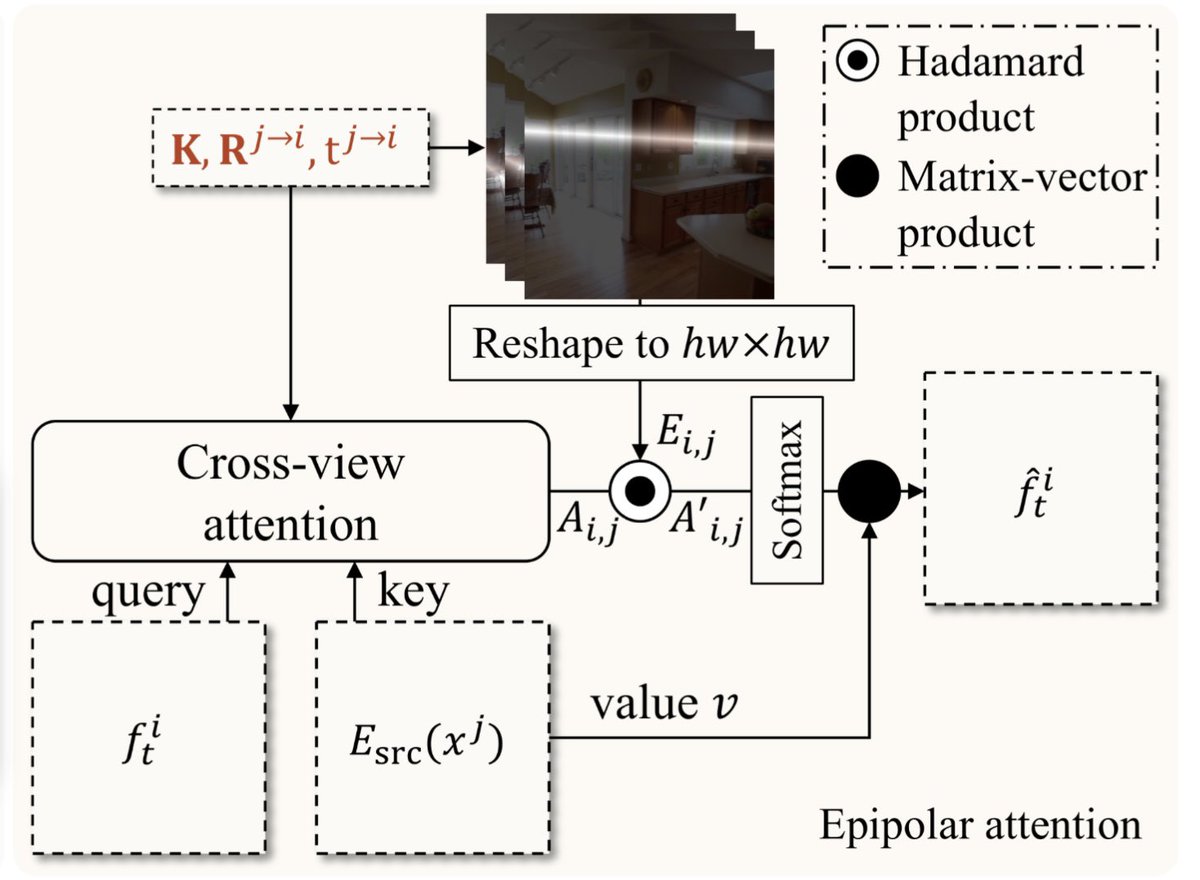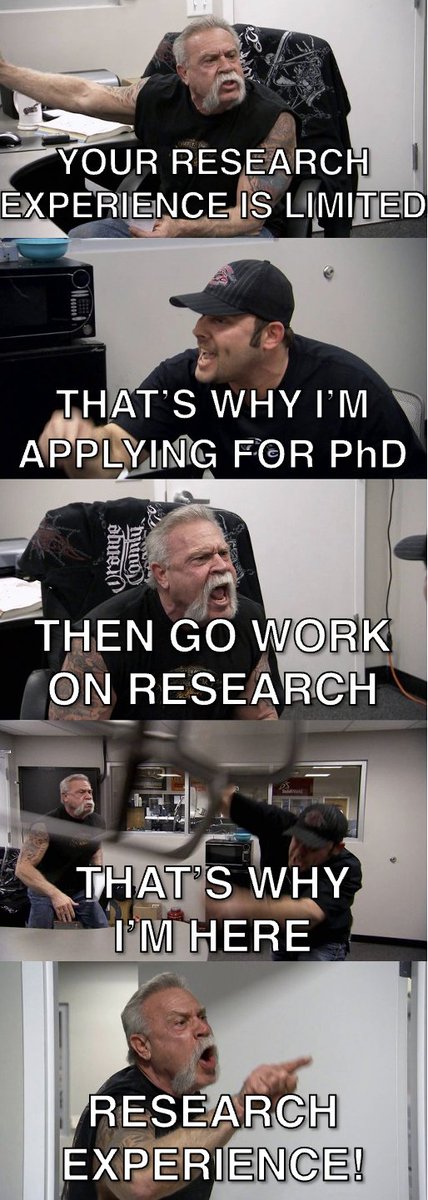
How to get URL link on X (Twitter) App


 *Choose the right level of abstraction*
*Choose the right level of abstraction*


 *Present results*
*Present results*
 *Why? 🤔*
*Why? 🤔*




 *Lead with value*
*Lead with value*



https://twitter.com/jbhuang0604/status/1546361369469001728


